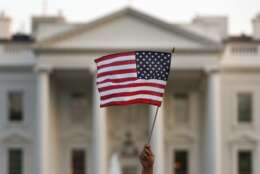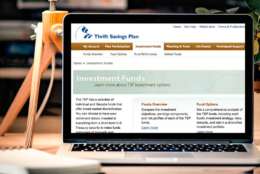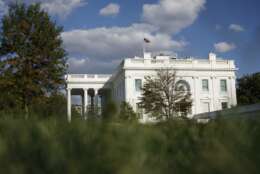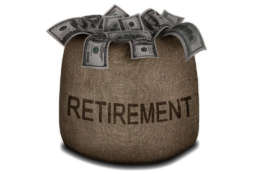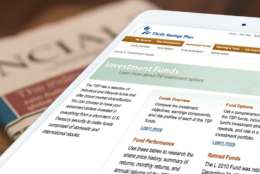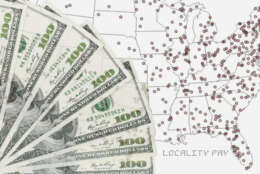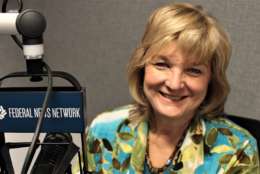Mike Causey
-
Do you have the day off or are you on the job this President's Day? Either way, thank you and happy holiday!
February 17, 2020 -
When you leave government are you going to keep your optional retirement nest egg in the Thrift Savings Plan, or move some or all of it to an outside investment option? And does it matter?
February 14, 2020 -
The likely amount is now a 3.5% bump up in January 2021, but anything could happen.
February 13, 2020 -
In what’s become the administration’s evergreen budget plan, the White House has again proposed that federal workers kick in more of their salary toward their retirement plan in return for smaller lifetime annuities that are frozen when they retire.
February 12, 2020 -
If history repeats itself, the budget President Donald Trump sent to Congress Monday afternoon will again be a political bombshell
February 11, 2020 -
Most people stop looking forward to birthdays after they first become eligible to drive, or vote.
February 10, 2020 -
Somewhere out there, the person or persons who, in the late 1990s, predicted Uncle Sam was facing a massive wave of retirements may be happy at last. Or not!
February 07, 2020 -
Although the Federal Employees Retirement System (FERS) was launched in the 1980s, it is still considered the “new” plan by workers who remained in the old Civil Service Retirement System (CSRS).
February 06, 2020 -
Nobody likes to think about dying. But it happens and if you don’t do some advance planning it can cause even more longer lasting pain and grief.
February 05, 2020 -
NARFE president Ken Thomas says last year's White House budget proposal “breaks promises to both current and future retirees."
February 04, 2020 -
Despite high returns for the TSP’s stock index funds last year, a majority of federal workers have most of their nest egg money in the G fund.
February 03, 2020 -
After decades of watching as their annual pay raises shrink, including three consecutive pay freezes, white collar feds may have a reason to be hopeful.
January 31, 2020 -
There are some things, persons, places, food, sports teams etc., that people either love or hate. Take teleworking.
January 30, 2020 -
The decision to pull the plug depends on the job, your family situation, health, financial goals and, maybe, whether you’re a glass-half-full versus glass-half-empty type.
January 29, 2020 -
Some experts in retirement planning believe that many feds with memories of the Great Recession of 2008-2009 are working longer than they have to.
January 28, 2020

